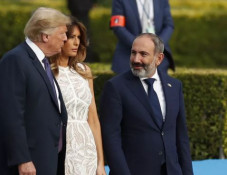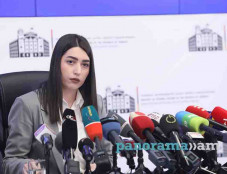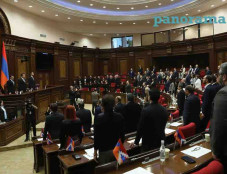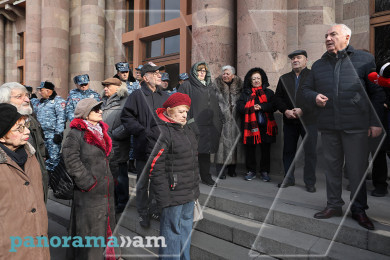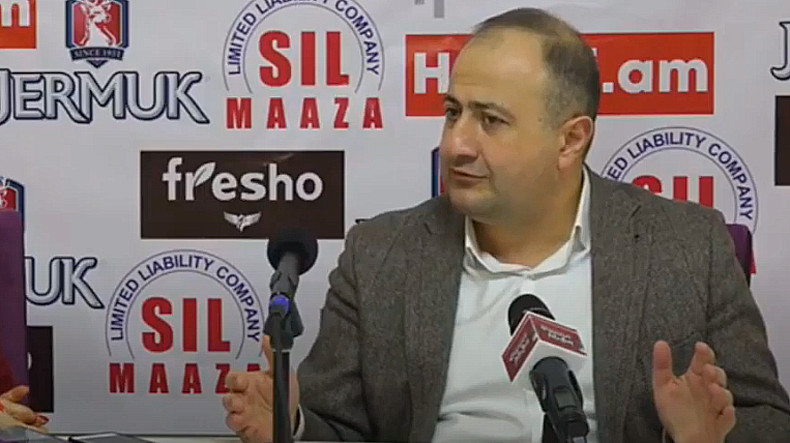
Armenian expert slams Pashinyan’s ‘ignorant’ remarks on Shushi
Armenian expert on Turkey Ruben Melkonyan on Saturday strongly condemned Prime Minister Nikol Pashinyan’s statement that Artsakh’s Shushi was “an Azerbaijani town before its liberation in 1990s” as a result of “sheer ignorance” not worthy of comments.
At the National Assembly on January 21, the Armenian premier said: “Before the start of the conflict and its liberation, 90% or more of the population of Shushi was Azerbaijani.”
Speaking at a news conference, Melkonyan noted, however, that the statement was made by the head of state from the parliament floor, and not reacting to it could lead to certain misinterpretations.
"It is necessary to make it clear Shushi, just like the whole of Artsakh, is an Armenian territory, an Armenian cradle, and the claims that Shushi is Azerbaijani don’t hold water. It’s is far from historical objectivity and approaches to the logical presentation of facts.
"Shushi was not only one of the most important Armenian towns, but also there are numerous facts that Shushi was one of the educational centers of Transcaucasia," the expert said.
Melkonyan stressed that making such an “irresponsible” statement in distortion of the obvious facts by an official is “unacceptable”.
“It’s is a major blow, first of all, to our national pride, our statehood, as well as our state principles, because for decades we have constantly come across false Azerbaijani theses about the belonging of Artsakh and Shushi, always counterarguing Baku with objective facts. The Soviet leadership has always defended and upheld the thesis that Artsakh, including Shushi, is Armenian based on scientific facts,” he expert underlined.
Ruben Melkonyan said Turkic Council, an organization comprising Turkic countries, has decided to declare Shushi the cultural capital of the Turkic world in 2022, while the Armenian authorities remain silent on the matter.
He believes that such a large number of anti-Armenian statements and pro-Turkish actions in different spheres by the Armenian authorities over the past 2.5-3 years do not seem to be accidental, but a part of a planned process.
He called for criminalization of insults to the Armenian history, national values and culture, adding officials should not be allowed to speak from high tribunes on topics that “are a direct insult to our national identity, statehood and national values.”
“We are living in tragic times and the use of such mechanisms, unfortunately, is not superfluous,” Melkonyan added.
Related news
Newsfeed
Videos





